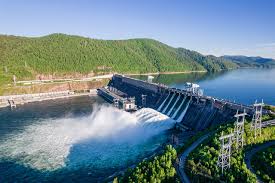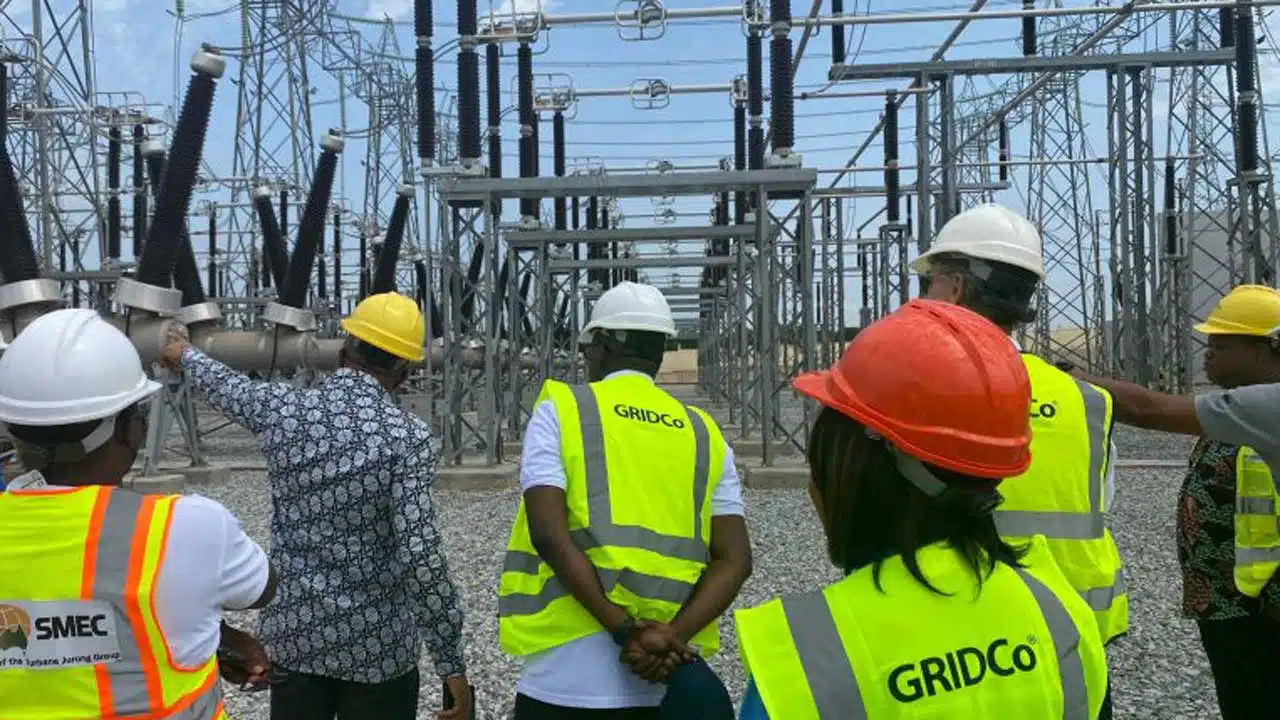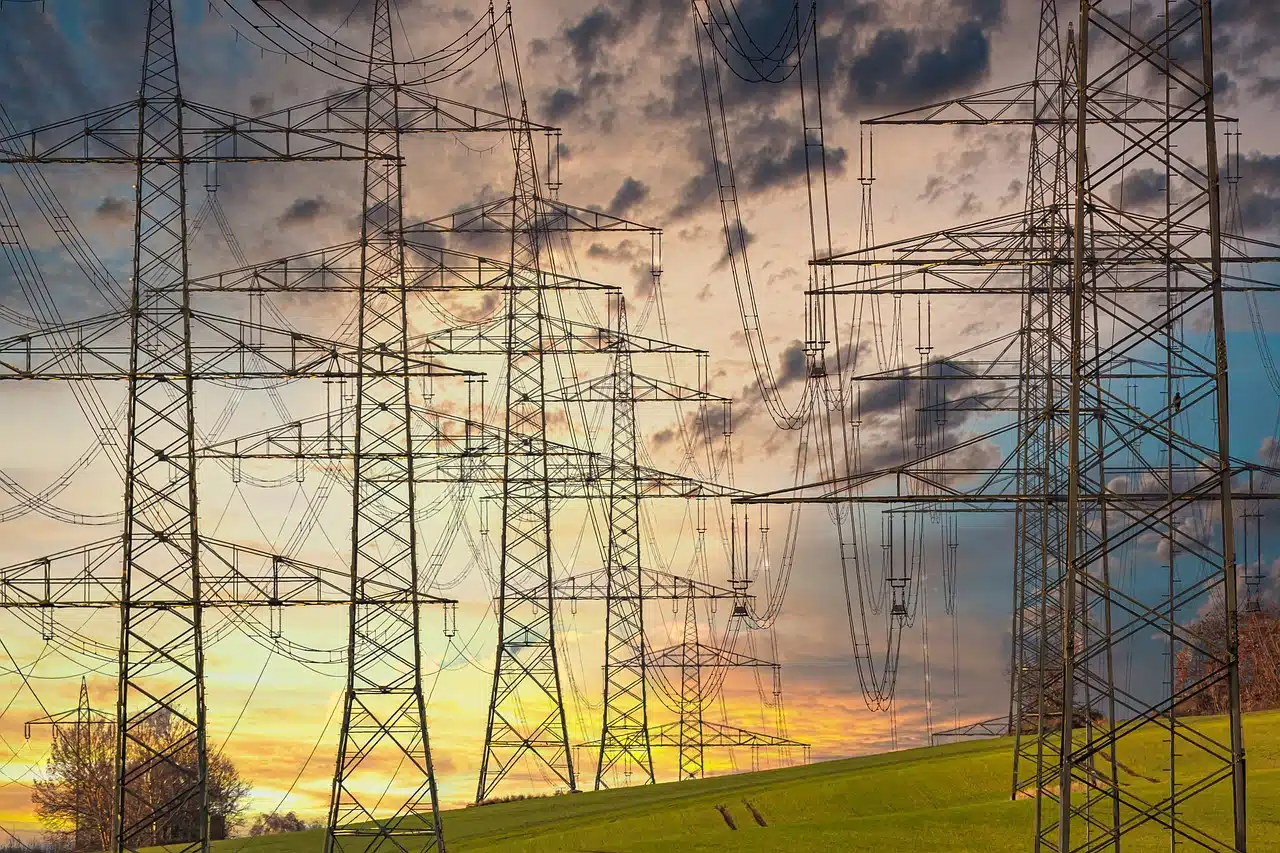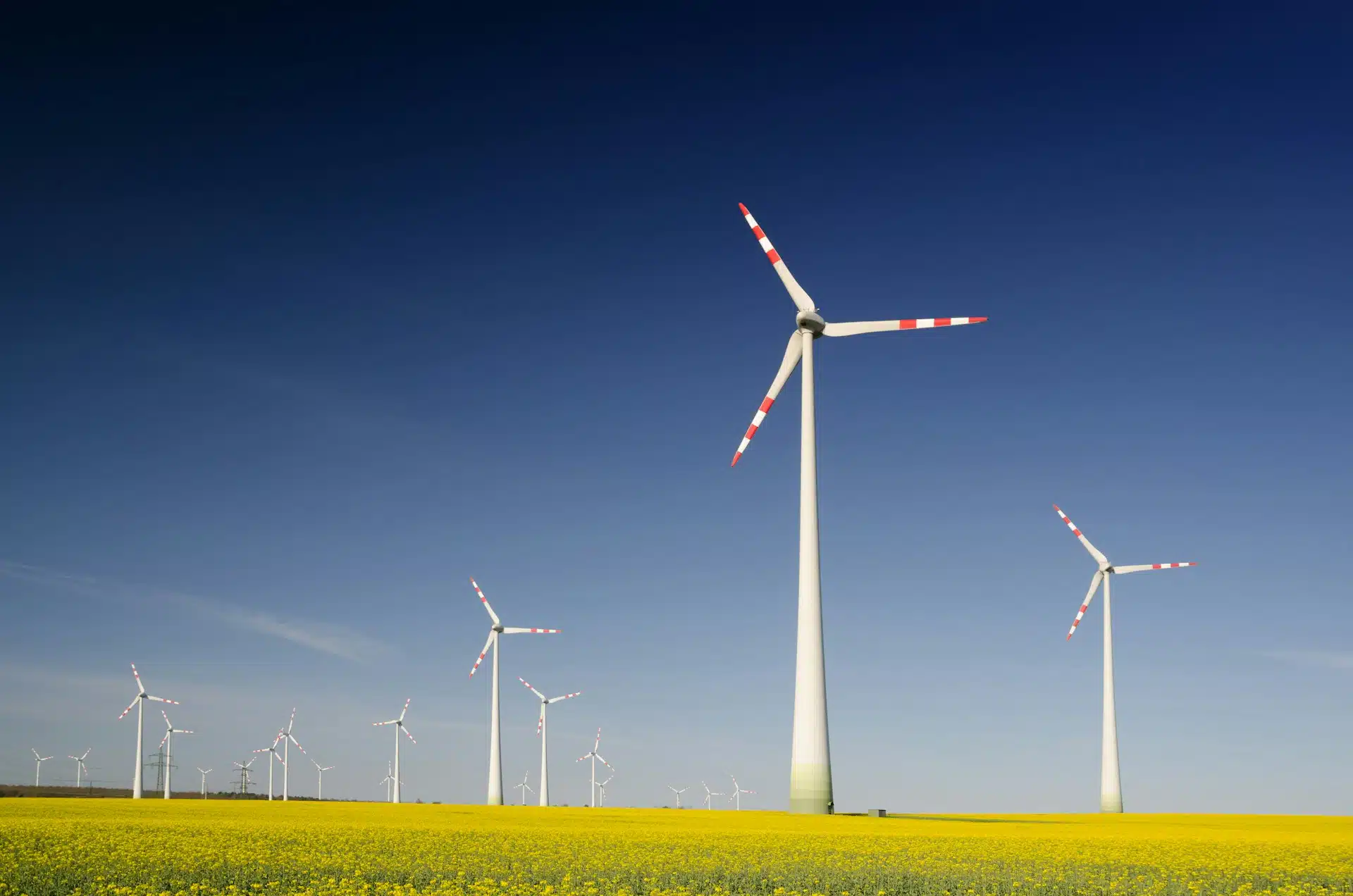The Jiji hydroelectric power plant, which is the first phase of $320 million Power Project, was inaugurated on Wednesday, 25th June 2025, by Burundi’s President Évariste Ndayishimiye.
The project is funded by the European Investment Bank (EIB), African Development Bank (AfDB), World Bank, and the European Union.
It includes two hydropower plants—Jiji and Mulembwe—built on small rivers in Burundi’s Bururi Province.
“Our financing for this project formed part of the European Union’s strategy to develop clean, sustainable infrastructure in Africa and is also aligned with decarbonization efforts needed by companies to grow,” said Head of the EIB Regional Hub for East Africa Edward Claessen.
What to know about the power project
The two plants will have an installed capacity of 49.5 megawatts and an estimated annual production of 235 gigawatt hours of clean energy, although the Mulembwe plant is to be completed in the coming months.
The Jiji plant, with a capacity of 32.5 MW, began operations, hence the commissioning.
This development aligns with Burundi’s National Energy Compact under the Mission 300 initiative, a World Bank and AfDB program targeting electricity access for 300 million Africans by 2030.
The impact on the Burundi economy
The Jiji and Mulembwe plants are run-of-the-river facilities, designed to generate clean energy with minimal environmental disruption.
Edward Claessen, EIB’s Head of Regional Hub for East Africa, stated, “This project supports the EU’s strategy for sustainable energy infrastructure in Africa, advancing decarbonization efforts.”
They will provide electricity to 15,000 households, 7,000 businesses, and 1,700 industrial facilities.
Beyond this, it will enhance electricity access, boosting sectors like health, education, agribusiness, and ICT.
In addition, the project promises to reduce Burundi’s reliance on costly thermal generation.
Hawa Cissé Wagué, World Bank Resident Representative in Burundi, noted, “The Jiji hydroelectric power plant and the lines and substations built as part of the project are not infrastructure like any other.
This infrastructure helps ensure Burundi’s economic and social development. It is a key driver to improve people’s access to energy as well as supporting industrialisation, job creation, and economic growth.”
Therefore, the increased capacity raises Burundi’s total installed power to nearly 200 MW, a 25% rise, supporting industrial growth and rural electrification, as stated in a report.









